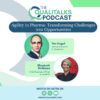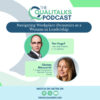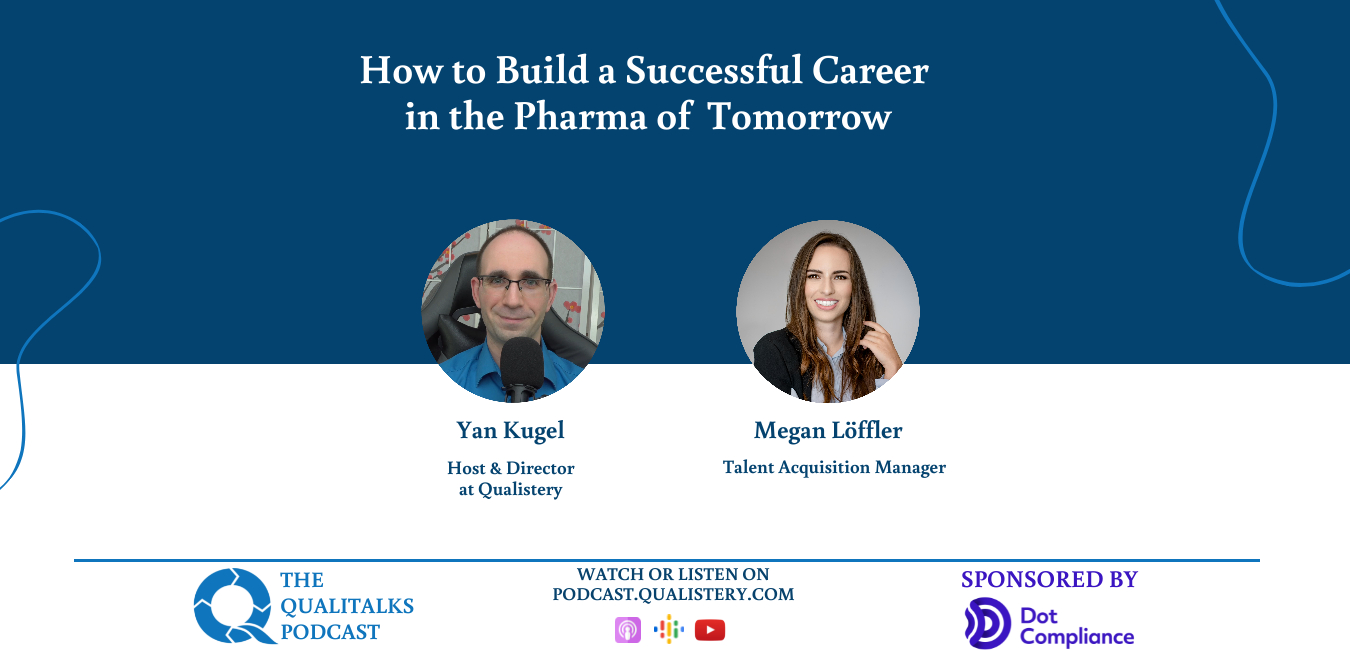How To Use LinkedIn Marketing To Grow a Powerful Business Network
In this podcast, Yan Kugel and our guest Rizgar Saltik talk about networking, branding, and marketing using LinkedIn, arguably the best online platform for professionals and business interactions. They also […]








